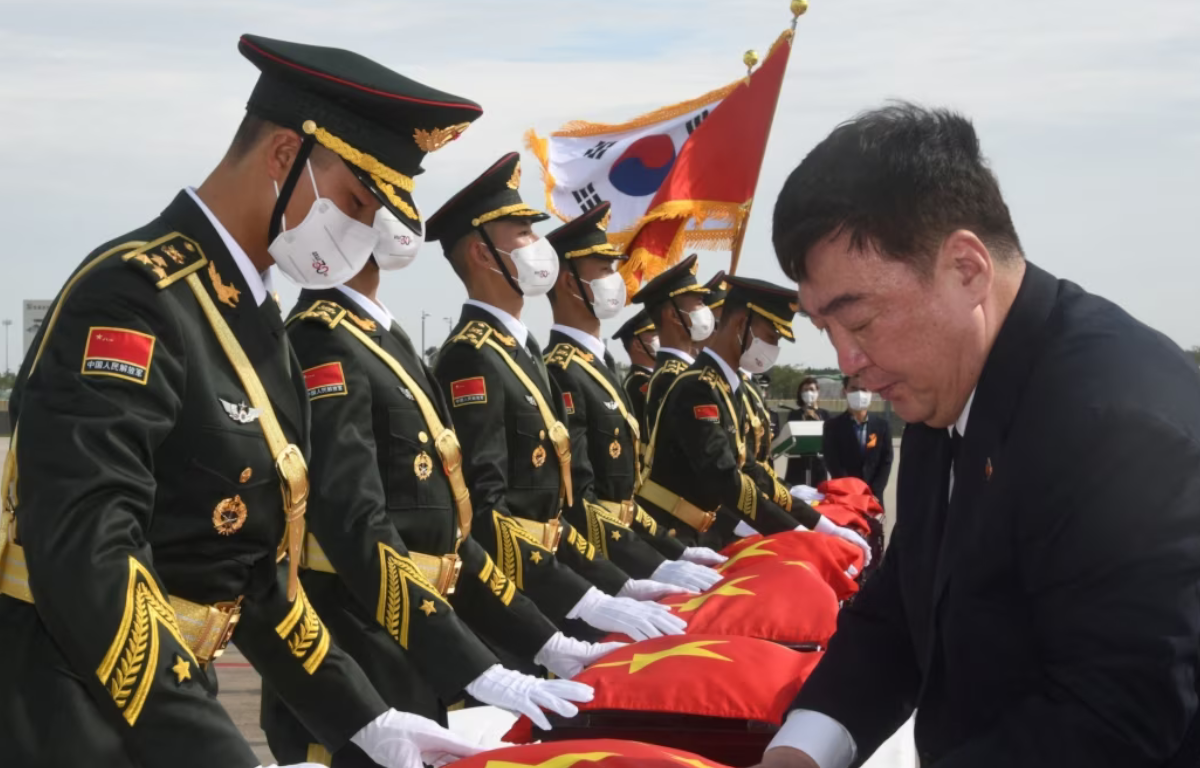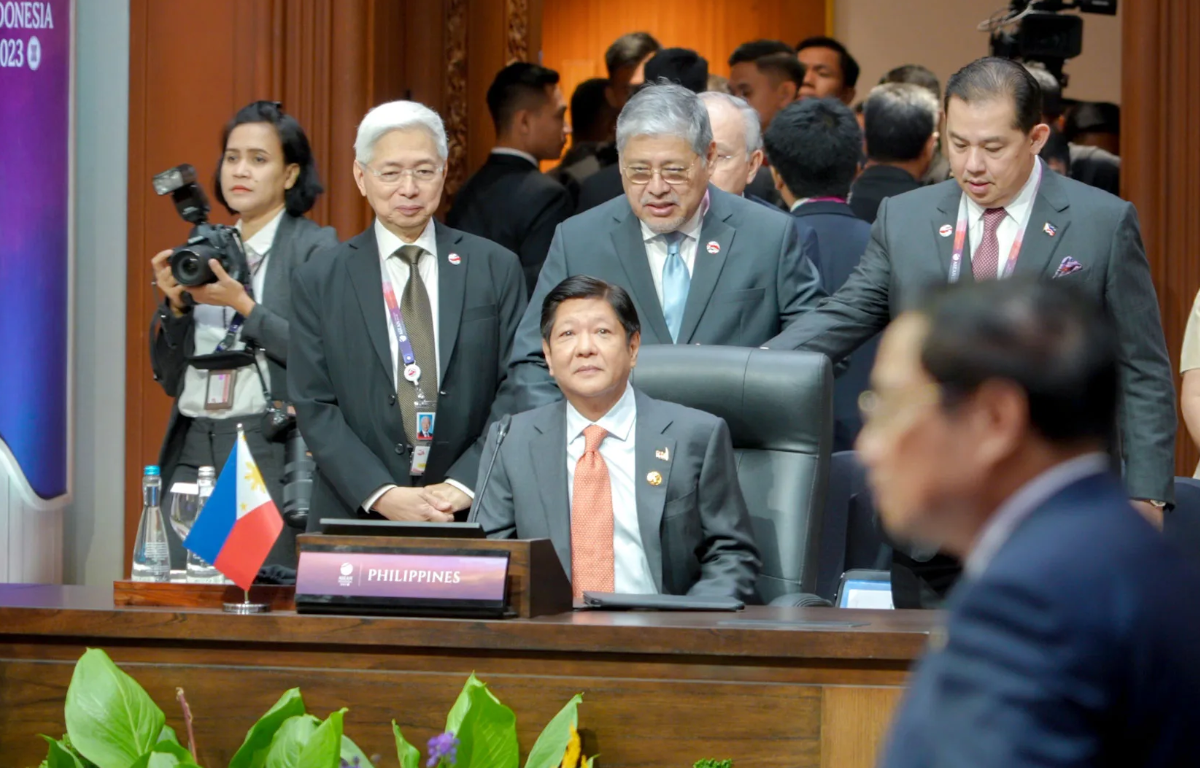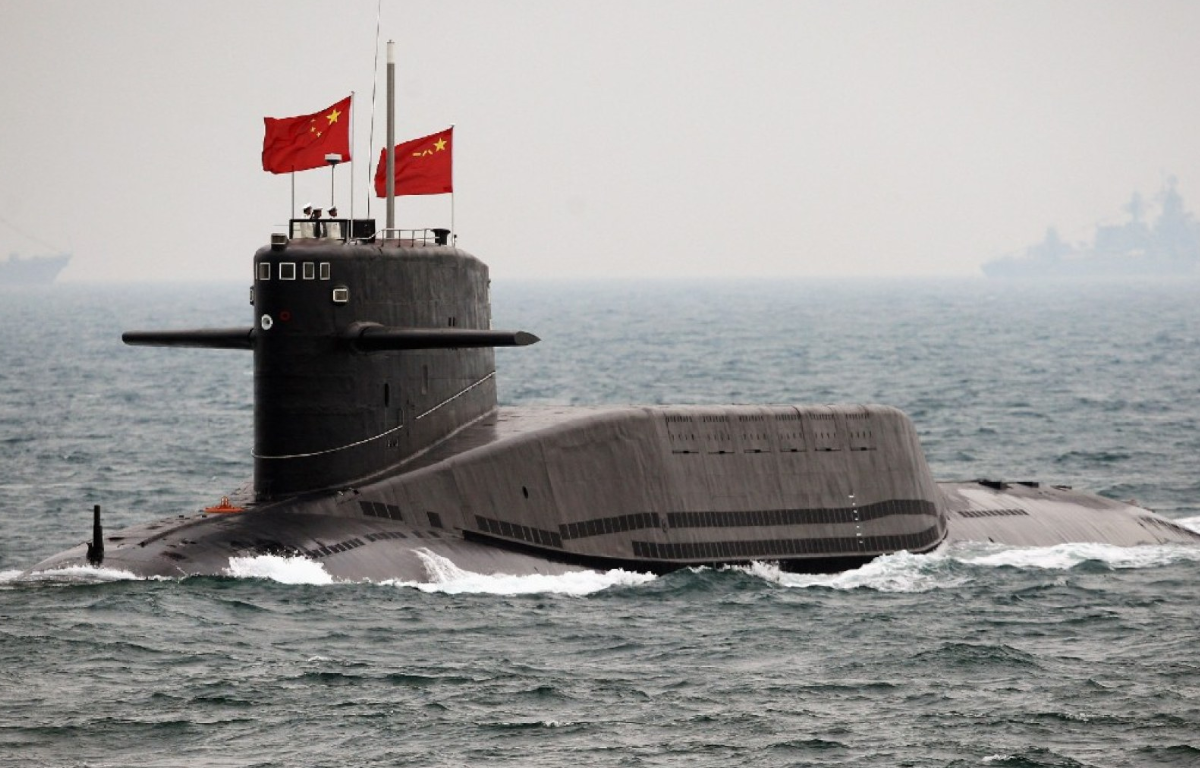
Teodoro Locsin Jr., a seasoned diplomat and politician, has never been one to mince his words. Throughout his career, he has been a vocal and forthright advocate of Philippine sovereignty. His firm stance on national interests came to the forefront during his tenure as the Philippine Secretary of Foreign Affairs, where he openly expressed his frustrations and concerns over China’s territorial claims in the South China Sea.
In 2019, Locsin gained attention for his unfiltered remarks on social media platforms, including using strong language to express his views on China. These remarks stirred controversy and sparked discussions about the appropriateness of such language in the diplomatic arena. Critics argued that while such frankness might resonate with the public sentiment, it could potentially harm delicate negotiations and undermine diplomatic decorum.
The appointment of Teodoro Locsin Jr. as a ‘Special Envoy’ to Beijing reflects the Philippines’ complex approach to diplomacy with China. On one hand, his appointment could be seen as a continuation of his passionate defense of Philippine sovereignty and a signal of the nation’s unwillingness to compromise on issues it considers non-negotiable. On the other hand, it also highlights the necessity of maintaining open channels of communication and engaging with one of the Philippines’ key regional partners.
Diplomacy often demands a delicate balancing act, where pragmatic negotiations meet unwavering national interests. While Locsin’s past statements might have drawn a hard line, his appointment as a special envoy could indicate a willingness to engage in a more nuanced dialogue with China, particularly in the face of pressing economic and regional concerns.
Locsin’s role as a ‘Special Envoy’ to Beijing brings with it a set of challenges. One major hurdle will be transitioning from his previous role as a vocal critic of China to a position that requires fostering diplomatic dialogue and finding common ground. Striking this balance could define the success of his mission and impact the Philippines’ stance on critical issues such as territorial disputes, trade agreements, and regional security concerns.
Furthermore, his appointment raises questions about the compatibility of personal convictions and diplomatic responsibilities. Can a diplomat effectively set aside personal sentiments and represent a nation’s interests objectively and without bias? This issue is not unique to Locsin’s case but underscores a broader debate on the role of emotions and individual beliefs in the realm of international relations.
Teodoro Locsin Jr.’s appointment as a ‘Special Envoy’ to Beijing encapsulates the complexities and intricacies of diplomacy. While his history of strong statements against China could be seen as a double-edged sword, it also reflects the multifaceted nature of international relations. As he navigates this new role, the challenge for Locsin lies in channeling his passion into diplomatic finesse, where the nuances of negotiation are as significant as the strength of conviction.
The appointment prompts reflection on the fine line between maintaining a firm stance on national interests and engaging in productive diplomatic discourse. It underscores the fact that diplomacy is a realm where the rules of engagement are as diverse as the nations and individuals involved. In this intricate dance of interests and dialogue, Teodoro Locsin Jr. steps onto a stage that demands not just strategic finesse but a deep understanding of the ever-shifting dynamics of global relations.










Share this: